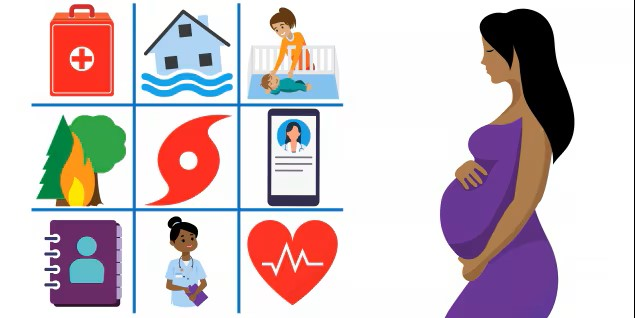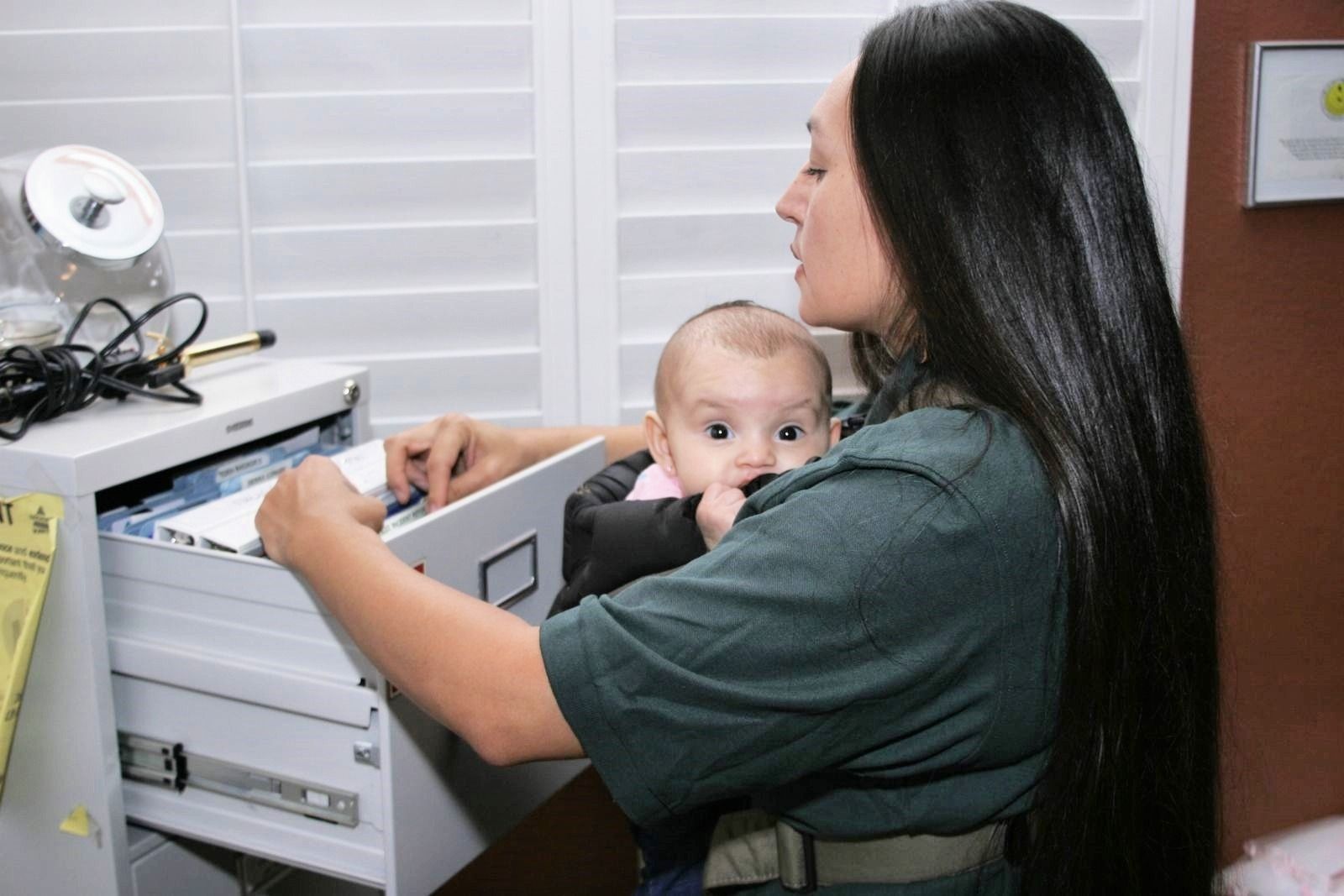High income countries are not immune to infant feeding emergencies. They occur when least expected and can include a variety of events such as public health emergencies (COVID-19 pandemic), acts of terror or violence, and natural disasters (wildfires, hurricanes, floods, and blizzards).
During emergencies, babies face higher risks of diarrhea, pneumonia, and undernutrition due to their age and still-developing immune systems. Caregivers are also at increased risk during emergencies from disease, low hydration and nutrition, physical trauma, and stress.

Breastfeeding - the Ideal Way to Feed Your Baby During an Emergency
Human milk is the custom-made, first food for babies. It is full of the ingredients they need for their best growth and development in any situation. Direct breastfeeding during an emergency provides the following:
- Complete source of nutrition for infants under 6 months and a large quantity of calories and nutrients for those over 1 year old
- Protection from germs and reduces the most common health dangers infants and young children face during emergencies
- Hydration
- Warmth and comfort during times of stress
Breastfeeding Supports Maternal and Paternal Health
Emergencies of all kinds cause much stress for parents which can impact health. Specific ways breastfeeding in emergencies is beneficial for parents include:
- Provides protection from some chronic diseases
- Helps prevent postpartum hemorrhage and high blood pressure
- Oxytocin release helps buffer maternal stress and anxiety
- Formula preparation requires clean water and fuel resources which may not be available
- Preparing formula and cleaning vessels creates additional work for parents during an already stressful and unsettled time
Common Myths About Lactation in Emergencies
- Stress can suddenly “dry up” your milk supply
- Human milk quality decreases or “goes bad” due to stress
- Soliciting donations of infant formula, bottle and teats will help the situation
Disadvantages of Formula Use During Disasters or Emergencies
- The opportunity to purchase or obtain formula may not be available
- Formula may become contaminated if prepared with unclean water or stored in non-sterilized containers, or if refrigeration is not available for storage
- Errors in formula preparation may occur
Alternatives to Bottle-feeding Expressed Human Milk
For babies that are not fed at the breast, there may be times when bottles are unavailable or there is no access to water or clean bottles. In these situations, the combination of hand expression and cup feeding are good alternatives to feeding your baby. For more information on hand expression or cup feeding, visit our Beginning Breastfeeding page and the CDC's guide to cup feeding infants during emergencies.

How to Prepare an Emergency Infant Feeding Kit
- Use this emergency preparation checklist for families with infants and young children developed by the CDC.
- Recommended items include:
- Disposable cups
- Ice packs to keep expressed/pumped human milk cold
- Disposable nursing pads if needed
- Hand sanitizer
- If using a bottle to feed your baby breast milk, be sure to prepare a cleaning kit that includes:
- Dish soap
- Scrub brush
- Bottled water (in case access to clean water is unavailable)
- A wash basin to place items while cleaning
- Paper towels
Relactation
Even those who have already discontinued breastfeeding may be able to restart lactation through a process called relactation.
Lactation is a supply-and-demand process that requires nipple stimulation and milk extraction. Nipple stimulation requires frequent stimulation of the nipples by pumping, hand expression, putting baby to the breast, or through a combination of these actions. These actions may reestablish milk production. Once milk production has begun, frequent and complete removal of the milk helps to develop a milk supply.
A lactation consultant can guide relactation practices by assessing each person's situation. Infants receiving human milk from a relactating mother must be carefully monitored to ensure the child is getting enough calories to have normal weight gain. Infant formula should be continued as needed to ensure that infants continue to receive enough nutrition if milk supply is not yet adequate.
Additional Resources
New Jersey Department of Health
Department of Health | Office of Disaster Resilience
Centers for Disease Control
Breastfeeding During a Disaster and Other Emergencies
American Academy of Pediatrics
Infant Feeding in Disasters and Emergencies: Breastfeeding and Other Options
Infant Feeding in Emergencies Core Group
International Lactation Consultant Association
Emergency Preparedness Checklists
La Leche League International
How to Hand Express Breast Milk





